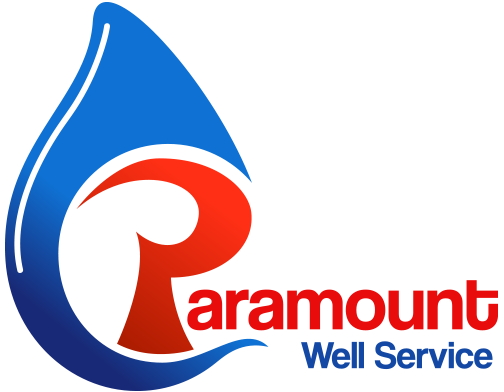How to Increase Water Pressure from a Well
Is your morning shower more of a drizzle? If your house uses a private well system, you don’t have to settle for weak water pressure. Before we give you three quick tips for increasing your well’s water pressure, let’s examine some potential reasons why your well water pressure isn’t as strong as you are used to.
Reasons for Low Water Well Pressure
If your home’s private well system is dealing with low water pressure, there are a number of potential causes that you must consider.The first thing you should take into consideration is water usage — how much water is your family using, particularly during times when the water pressure is lowest? Increased water use is one of the most common reasons for low water pressure in wells.
If you are certain that your well system’s low water pressure is not associated with increased water use, you could be dealing with a mechanical issue. If that’s the case, our team will gladly come take a look and assess the issue for you. However, in many cases, you can increase water pressure from your well without the help of a professional. Consider trying these three simple methods to increase your well water pressure before scheduling an inspection:
3 Ways to Quickly Increase Water Pressure in a Well Pump System
1. Adjust the Pressure Tank
City water systems usually provide water pressure of about 60 pounds per square inch (psi). In contrast, the default setting for most private well systems is about 28 psi. If you want to increase the water pressure from your well, then the first step is to turn off the circuit breaker that supplies power to your well’s pump. Then, check the pressure with a tire pressure gauge.
You can increase water pressure from your home’s well by adjusting the pump’s pressure switch to a higher psi — but be careful not to turn it too high. Increasing your well pump’s pressure beyond 60 psi can potentially cause broken pipes and switch failure.
2. Clean Out Clogged Pipes
Speaking of pipes…when was the last time that you checked yours? Hard water, sediment, and minerals can build up in your pipes and affect your water pressure. In fact, increasing well water pressure when your pipes are clogged could potentially cause permanent damage to your well system. Additionally, you should check your faucets and shower heads for buildup.
3. Install a Constant Pressure System
If the water pressure from your faucet plummets the moment you turn on a second tap, you can install a constant pressure system to improve well water pressure. These systems can increase or decrease the speed of your pump to match the demands of your household. They give you more control over the pressure of your water supply and ensure consistency. A constant pressure system can even help increase well water pressure in multi-story homes.
Inquire about our Well Manager services to discuss the available options. Paramount Well Service is one of only a few companies authorized to service Well Manager systems in Morris, Mercer, Hunterdon, and Bergen Counties.
Water Pressure Still Low? Check for Mechanical Failures
A lot of parts work together to keep your well running correctly. If the pump, the pressure regulator, or another mechanism isn’t working right, then you might not receive the water pressure that you need. If you have no clue what the different well components look like, and you’d like a professional to perform an inspection for you, look no further. Paramount Well Service offers residential well inspections and repairs throughout NJ and some parts of PA.
Contact Us for Help Increasing Your Well Pump’s Water Pressure
Paramount Well Service is one of the most trusted well service companies in New Jersey. We have offered professional, affordable, and friendly service for over 30 years. To find out more about how we can help you with well services throughout NJ and parts of PA, call 1-800-352-0807 or request a consultation online today!




